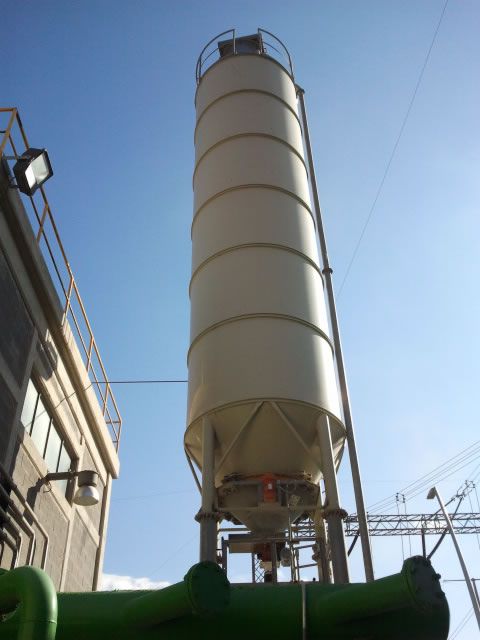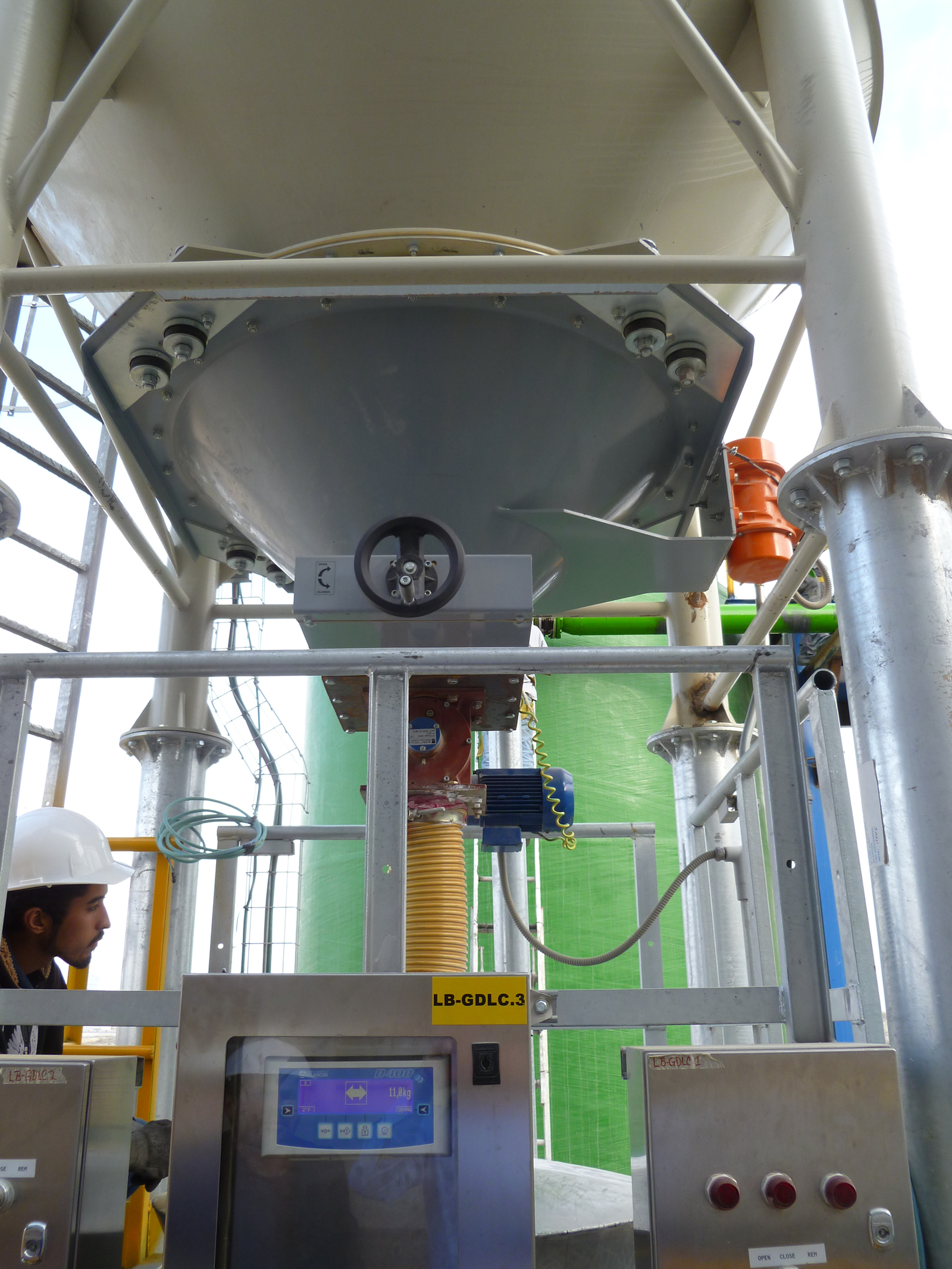Ready? Stay in touch
Let's stay in touch, subscribe to the newsletter and receive updates from the Ravagnan world
Ravagnan S.p.A.
via XXV Aprile
35010 Limena (Pd) Italy
ph.: +39 049 8655511
fax: +39 049 8655583
©
Ravagnan S.p.A.
All rights reserved.
P.IVA IT00230620288


